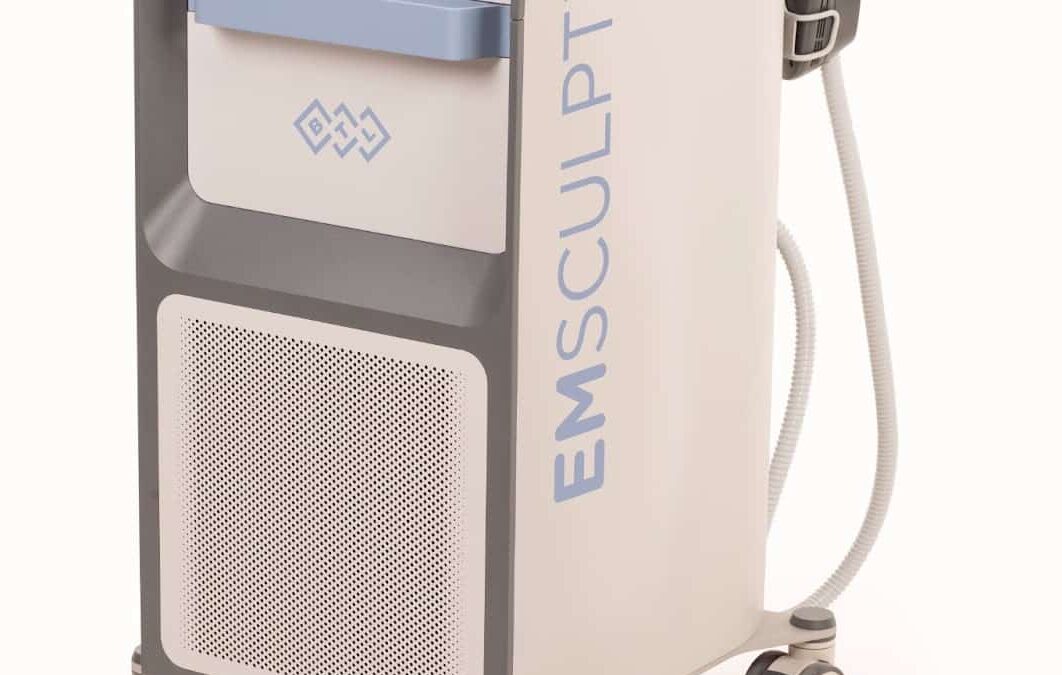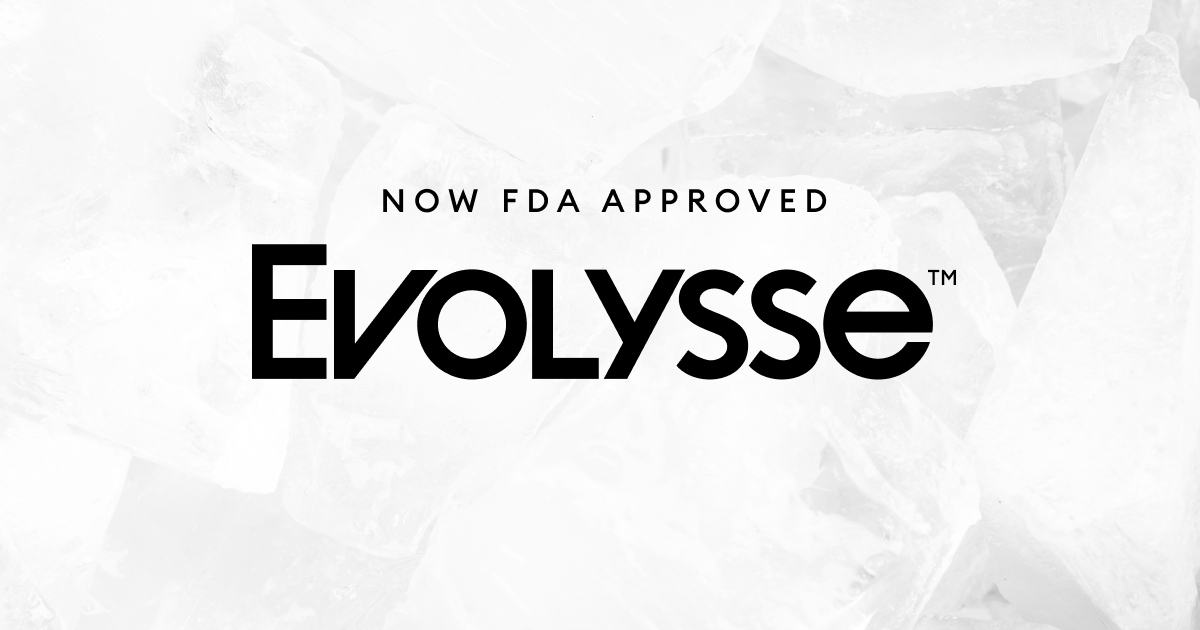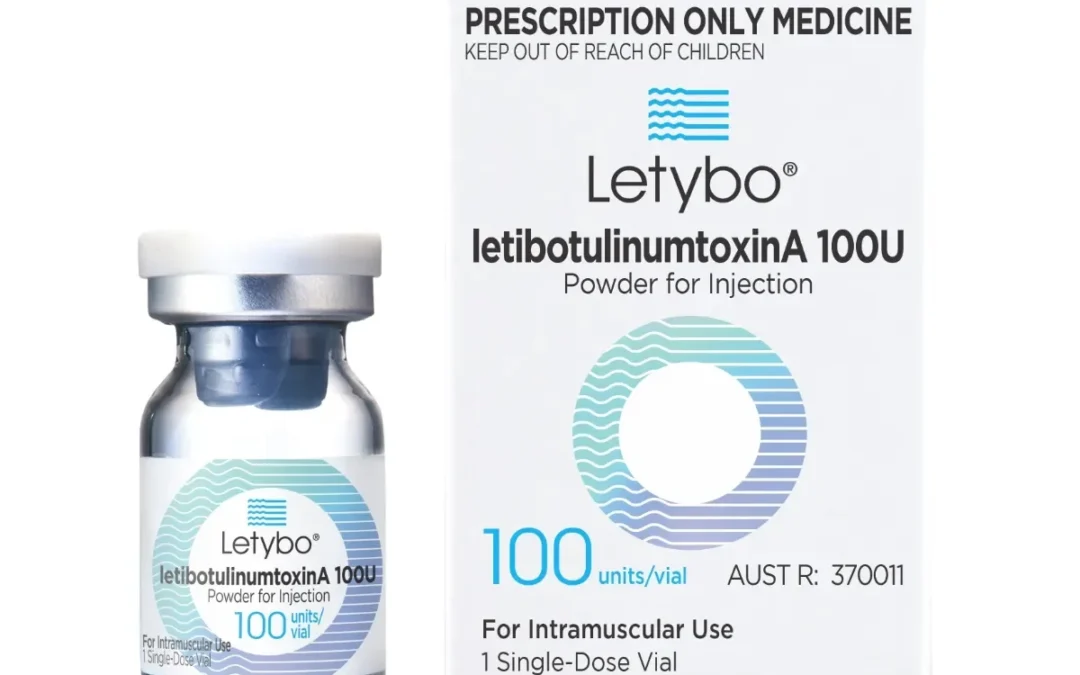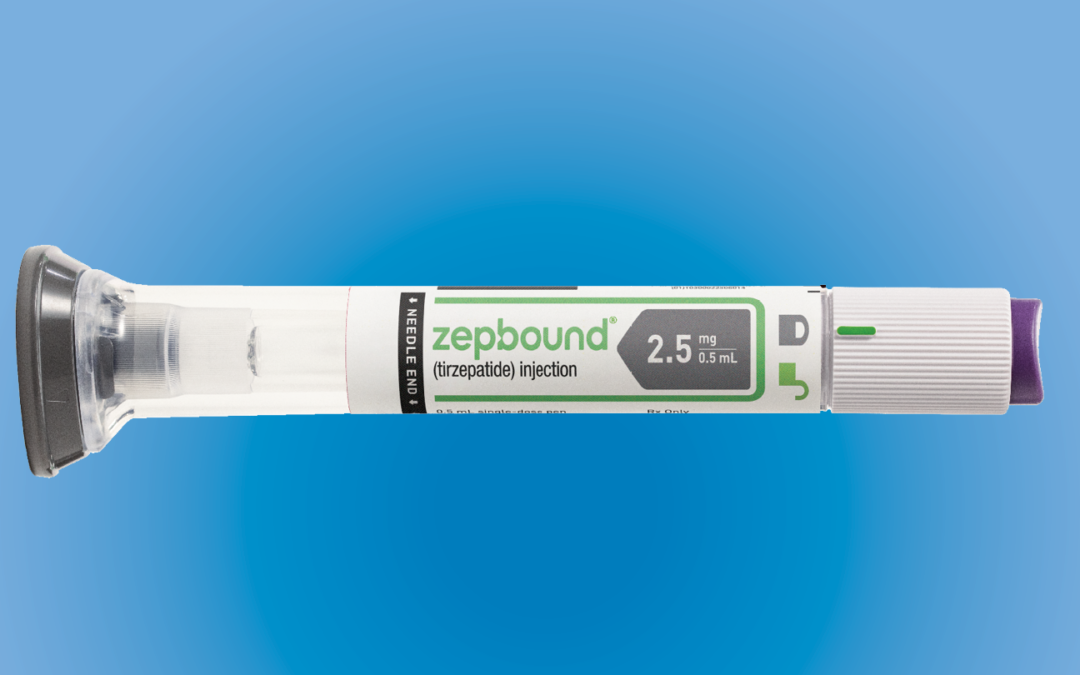GLP-1 Agonist Sherman Oaks, CA
GLP-1 agonists are drugs used to treat type 2 diabetes and obesity. With various products in the market, it is a popular option for many. It works best with lifestyle modification—diet and exercise.
GLP-1 agonists are made by different brands. They can lower the risk of heart attacks and strokes. They can also prevent kidney problems from worsening.

What are GLP-1 agonists?
GLP-1 agonists are medications that mimic the gastrointestinal hormone, Glucagon-like peptide 1. This hormone, GLP-1, is produced by the intestine and plays a role in blood glucose (sugar) control and appetite.
GLP-1 peptides have the following functions:
- Stimulate insulin release
- Slow down the digestion of food
- Reduces the sugar your liver makes
- It makes you feel full and not hungry
These medications are available as tablets and injections. They are also administered at different doses and last for different durations.
Here are a few:
- Semaglutide: This is in the market as:
- Ozempic- an injection taken once a week
- Wegove- double Ozempic’s dose. An injection is given once weekly
- Rybelsus- tablet given once daily
- Exenatide: It is sold as
- Byetta is injected twice daily
- Bydureon injected once a week
- Liraglutide: the available brands are
- Victoza is used to treat Type 2 DM
- Saxenda used to manage chronic weight management
- Dulaglutide: It is marketed as Trulicity. It is injected once a week
- Tirzepatide: A combination of GLP-1 and GIP agonists. The brands are
- Mounjaro, injected once a week (FDA approved for Type 2 DM)
- Zepbound, injected once weekly (FDA approved for weight management).
This treatment is generally safe and doesn’t have any downtime, except for if side effects occur. It produces great results and has low (but existing) risks.
GLP-1 agonist Benefits
This treatment has provided incredible options for Type 2 DM treatment and weight management. It is recommended highly by many health experts in the US.

How Long Will Results Last?
The results are seen when you’re on the medications. Proper use and lifestyle modification ensure the best results. Once you stop, the results of satiety and sugar level reduction start to regress. Hence, it is best to develop proper eating habits and exercise programs while on the medication to help with maintenance after the medication has been discontinued.
What Results to Expect:
- Regulates Blood Sugar levels: GLP-1 agonists regulate blood sugar by increasing insulin secretion and reducing gluconeogenesis (creation of sugars by the body). With this, diabetes can be controlled. It remarkably reduces HbA1c levels (a blood test that averages 3 months of blood sugar levels).
- Weight Loss: GLP-1 agonists will slow down the digestion of food and give a feeling of satiety. This makes most people lose weight. It works best when used with lifestyle modifications such as exercise and ha ealthy diet.
- Reduced Risk of Cardiovascular Events: It can reduce the risk of having strokes and heart attacks.
- Reduces Inflammation: GLP-1 agonists can reduce inflammation. They regulate inflammatory response and reduce inflammatory markers.
- Helps Alcohol and Opioid Addiction: GLP-1 agonists can actually be used in treating alcohol and opioid addiction.
GLP-1 Agonist Cost & Pricing Structure
The cost of GLP-1 agonist treatment varies based on the origin of medication (comounded at a pharmacy vs name brand medication), the amount of medication used, and the expertise of the applicator.
- US National Average: $1,000-2,000 per month
- Our Price: very competitive
- Additional Costs: This treatment is nonsurgical and doesn’t usually incur any extra costs.
- Insurance: Insurance coverage for this treatment should be discussed directly with your insurance company. We do not accept insurance.
f you’re finding it difficult to lose weight, GLP-agonists can help. Book a consultation today!
Before and After Gallery
Here are some before and after pictures from past clients. . These will help you set your expectations.
How the Procedure Works
Some medications are preloaded with a pre-determined dosage and can be injected or taken orally by the patient independently qr. Compounded medication can be a bit more difficult to dose as they are not pre-loaded and must be drawn into a syringe each time.
Before & Preparation
You will have a consultation session with our experts where they will:
- Evaluate your general health
- Ensure you’re a good fit for treatment
- Help you set achievable goals
- Explain how the treatment works
- Point out the risks and possible side effects
- Order lab tests to review with our MD prior to start of medication

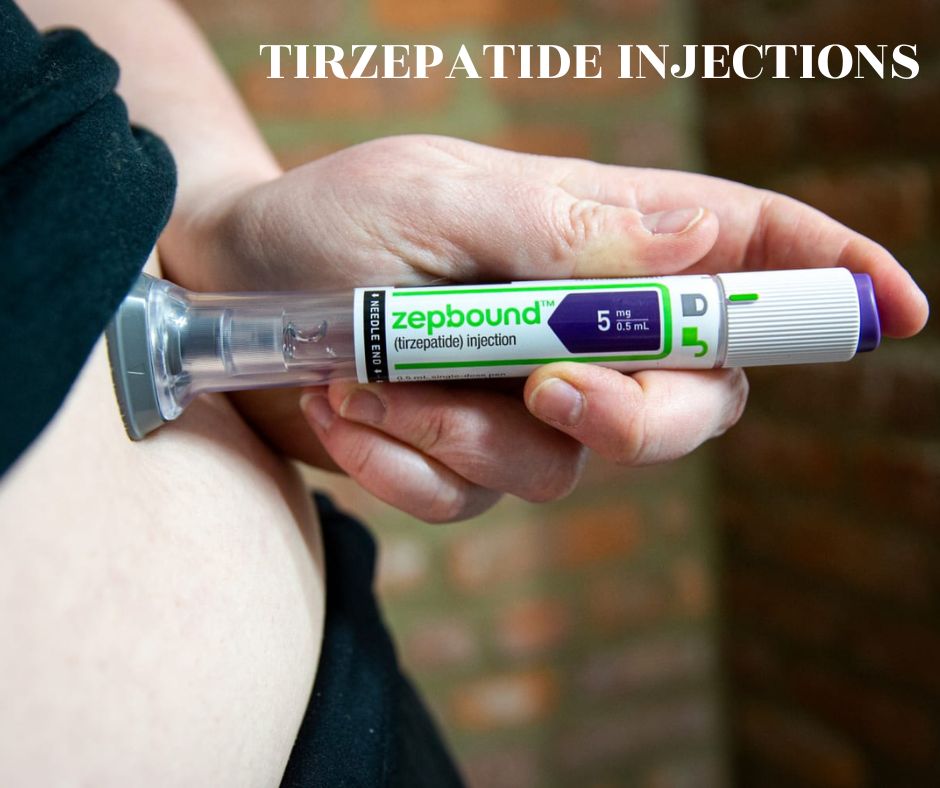
During the Procedure
If the medication is administered as an injection, you will discuss how the injection pen is used during your consultation.
Generally, the guideline is as follows:
- We will draw the optimal dose based on your consultation
- The syringe is primed to remove any bubbles
- The injection site is determined- usually the abdomen
- Injection site is cleaned with alcohol
- Super small needle (the ones we use for our facial injections) is inserted superficially under the skin and removed after injection- which takes about 5 seconds.

Am I a Good Candidate for GLP-1 agonist?
GLP-1 agonists are great for you if you:
- Are between 18 and 65 years
- BMI greater than or equal to 30
- Have type 2 Diabetes mellitus
- Trying to lose weight
The following will make you ineligible for this treatment:
- History of pancreatitis
- History of thyroid disease
- Pregnancy and breastfeeding
- Kidney problems
- Gastroparesis
Similar & Related Procedures
- Dipeptidyl Peptidase-4 (DPP-4) inhibitors: This medication prevents the breakdown of GLP-1/GIP agonists.
- SGLT-2 Inhibitors: This medication reduces blood glucose by increasing the excretion of glucose.
GLP-1 agonist vs. Dipeptidyl Peptidase-4 inhibitors Vs. SGLT-2 Inhibitors
GLP-1 Agonists
Mechanism of Action
Examples
Route of Administration
Effect on Weight
Hypoglycemia Risk
Cardiovascular Benefit
Effect on Lowering HbA1c
Side Effects
Renal Considerations
Cost
Use in Type 2 Diabetes
Weight Management Indication
DPP-4 Inhibitors (AKA Gliptins)
Mechanism of Action
Examples
Route of Administration
Effect on Weight
Hypoglycemia Risk
Cardiovascular Benefit
Effect on Lowering HbA1c
Side Effects
Renal Considerations
Cost
Use in Type 2 Diabetes
Weight Management Indication
SGLT-2 Inhibitors
Mechanism of Action
Examples
Route of Administration
Effect on Weight
Hypoglycemia Risk
Cardiovascular Benefit
Effect on Lowering HbA1c
Side Effects
Renal Considerations
Cost
Use in Type 2 Diabetes
Weight Management Indication
GLP-1 Agonists Side Effects & Risks
GLP-1 agonist treatment has a high safety profile and is FDA-approved. However, some side effects can arise from GLP-1 agonist use.
The more common symptoms include:
- Abdominal pain
- Diarrhea
- Nausea
- Vomiting
- Indigestion
- Constipation
- Bloating
- Headaches
In some rare cases, GLP-1 agonists can cause the following:
- Pancreatitis
- Hypersensitivity reaction
- Hypoglycemia
- Thyroid problems
- Renal problems
- Mood swings
- Gallbladder problems
- Changes in eyesight

Why Choose Cosmetic Injectables Center Medspa for GLP-1 Agonist Injections
Jawline injections at Cosmetic Injectables Center Medspa are performed under the direct supervision of Dr. Sherly Soleiman, MD, a board-certified physician with advanced expertise in facial anatomy and nonsurgical aesthetic treatments. With over 25 years of medical experience and training, Dr. Soleiman applies a meticulous, evidence-based approach to achieve ultimate resluts while prioritizing patient safety and comfort.

As an Allergan national trainer and recognized authority in injectables, she ensures every treatment is tailored to individual facial structure and aesthetic goals.
- Board-Certified Physician: Dr. Sherly Soleiman, MD is certified by the American Board of Family Medicine, with specialized expertise in nonsurgical facial aesthetics.
- 25+ Years of Medical Experience and Training: Extensive background in urgent care, family medicine, and advanced injectable procedures.
- Founder & Medical Director: Oversees all treatments and protocols at Cosmetic Injectables Center Medspa, ensuring physician-led care.
- Allergan Top 1% Recognition: Dr. Soleiman has achieved Allergan’s Top 250 status, placing her among the top 1% of injectors nationally.
- National Trainer & Industry Advisor: Regularly educates other Providers on safe, advanced injection techniques and serves on advisory boards for leading aesthetics companies.
Patients from Sherman Oaks, Encino, Studio City, and throughout Los Angeles trust Dr. Soleiman and our experienced team for jawline injections that emphasize safety, precision, and individualized results. Individual outcomes may vary.
GLP-1 Agonist FAQs
What are GLP-1 agonists and how do they work?
GLP-1 agonists are medications that mimic a gut hormone. They stimulate insulin release, reduce gluconeogenesis, slow down digestion, and give a feeling of satiety.
What is an example of a GLP-1 agonist?
GLP-1 agonists are of different types. They can be tablets (like Rybelsus) or injections (like Semaglutide, Ozempic, tirzepatide, Zepbound, etc.)
Is metformin a GLP-1 drug?
No it is not. While this anti-diabetic medication has been shown to increase the release of GLP-1, it does so indirectly and not by direct impact on the intestinal cells.
What is the most common side effect of GLP-1 agonist?
The commonest side effects of GLP-1 agonists include nausea, abdominal pain, constipation, diarrhea, and vomiting.
Elevate your look with Cosmetic Injectables’ jawline treatments, designed to enhance strength and definition while maintaining a refined, masculine aesthetic.



